DMT Addiction Treatment: Side Effects & Recovery Options
GET HELP TODAY!
100% Confidentiality Guaranteed


What Is DMT?
DMT (N,N-Dimethyltryptamine) is a strong hallucinogen found in some plants and animals. It causes vivid visual and auditory hallucinations. Although the high is short, the effects can feel intense and profound.
DMT is illegal in the United States. It is classified as a Schedule I drug, meaning it has no medical use and a high risk for abuse. However, some cultures have used it for centuries during spiritual rituals, especially as part of ayahuasca brews.
DMT is often seen as a yellow, orange, or pink powder. It can also appear as a reddish liquid in ayahuasca. Most people smoke DMT, but it can also be snorted, injected, or consumed orally.
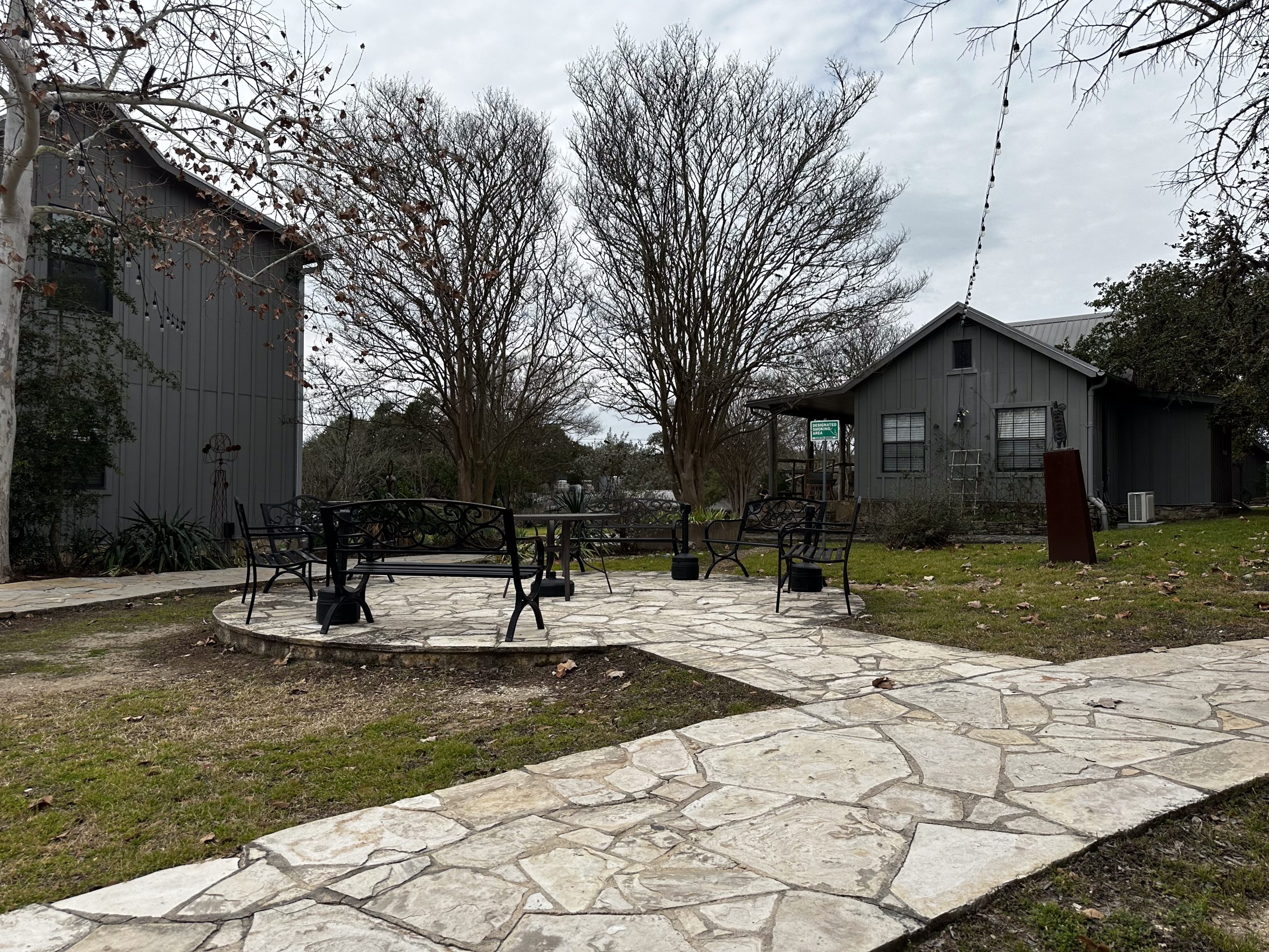

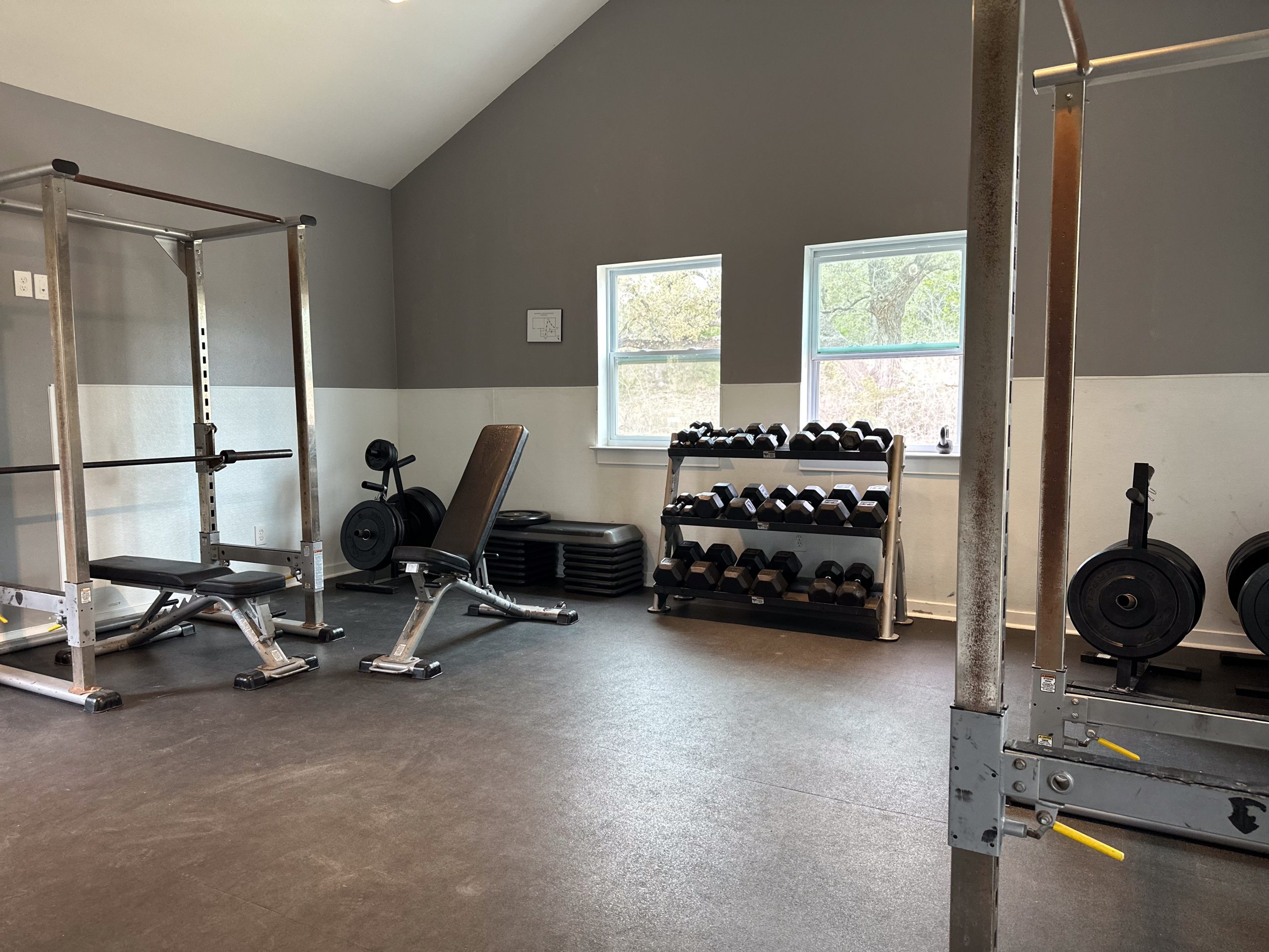

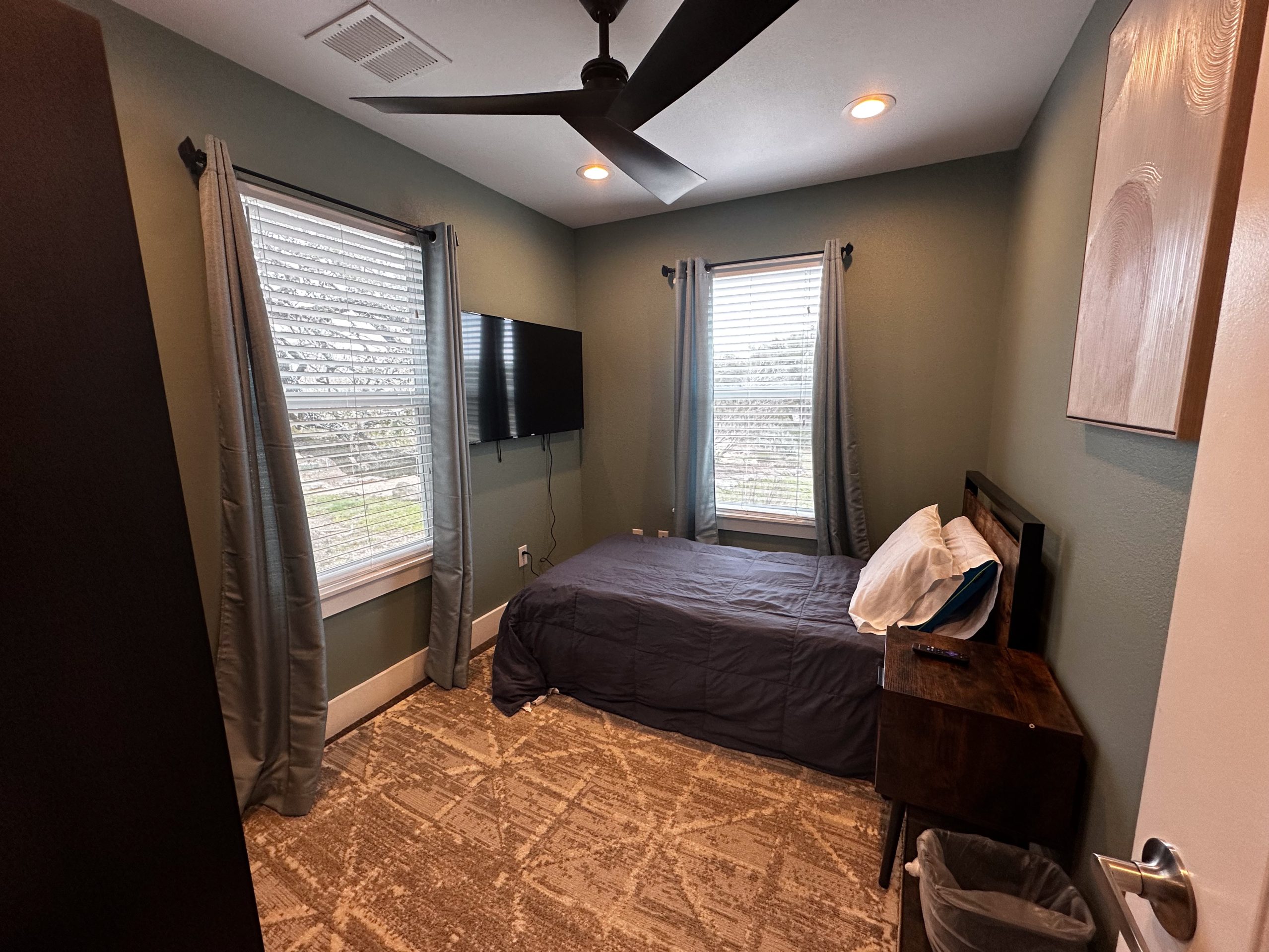

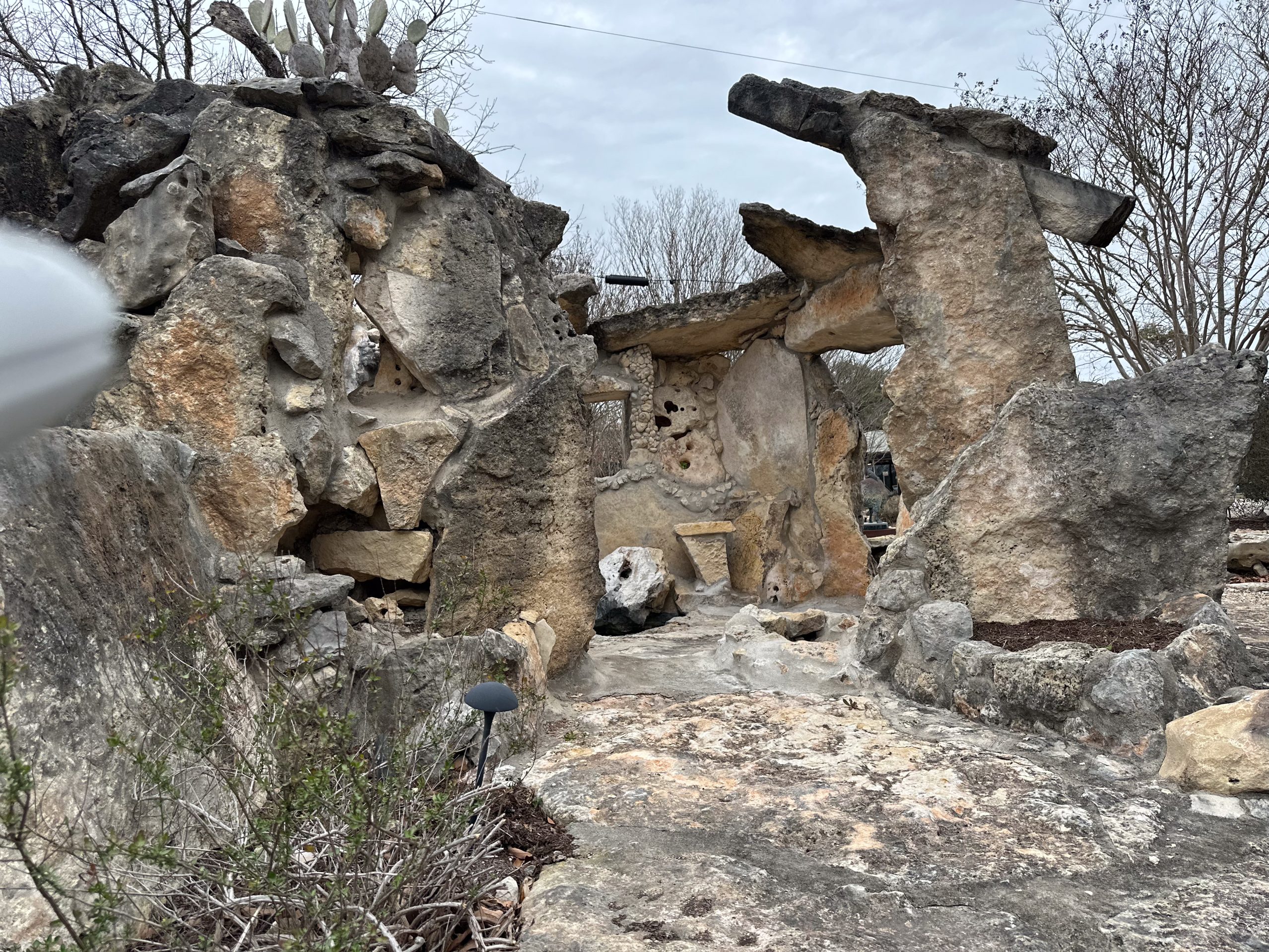
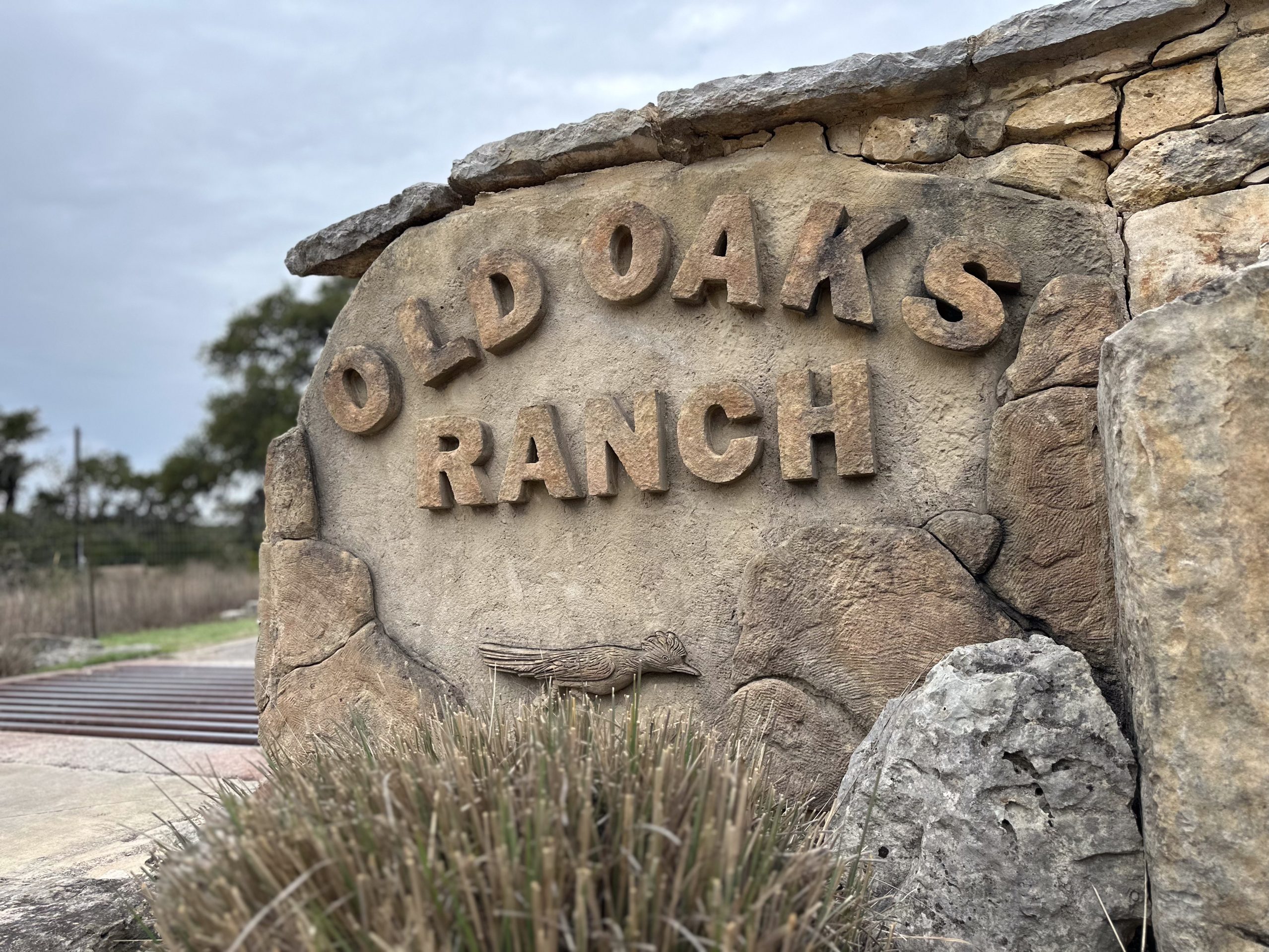

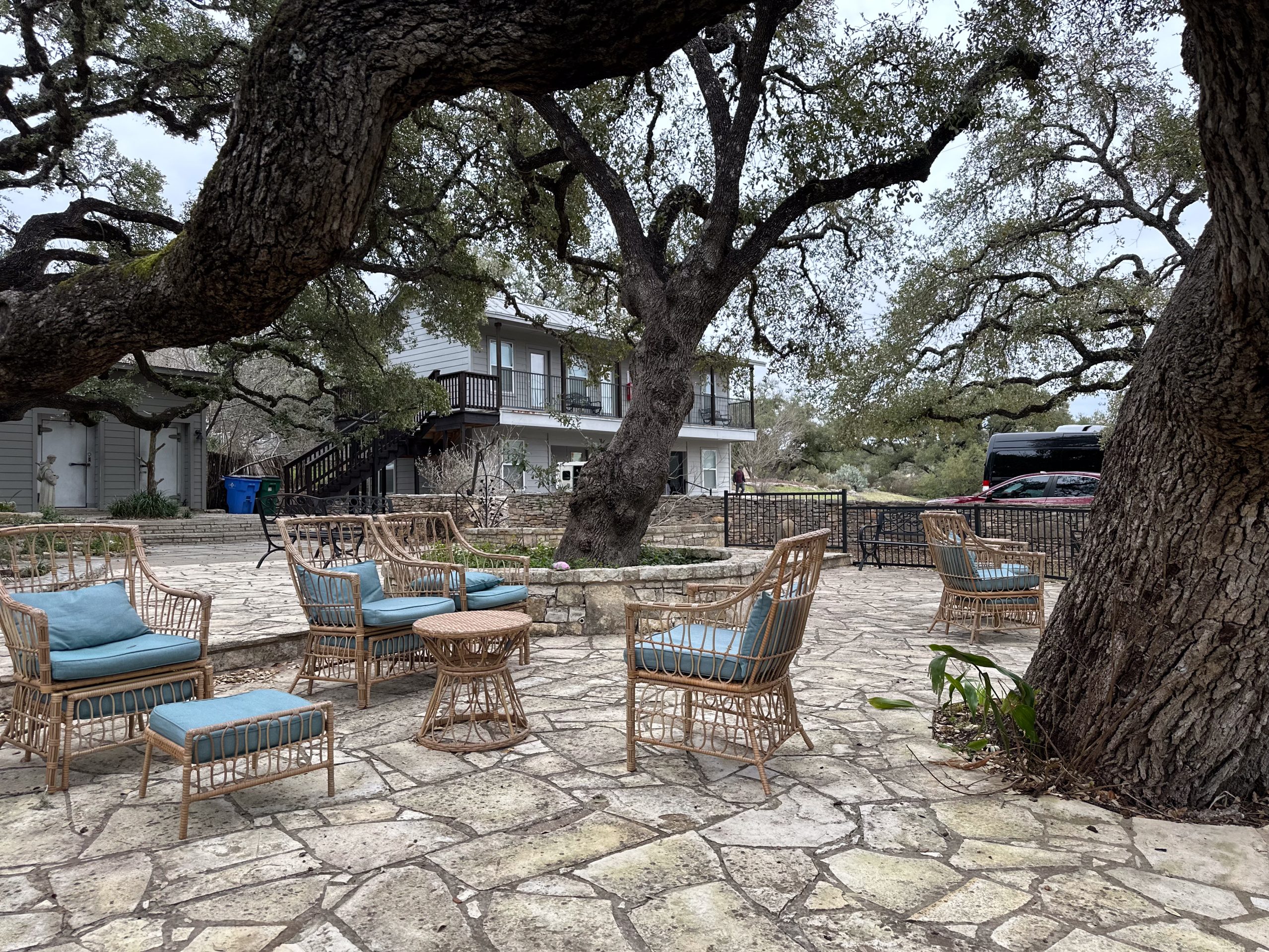
Is DMT Safe?
Some researchers are exploring DMT as a possible treatment option for mental health conditions like depression. But using it outside a medical setting is not safe. It can lead to serious physical and mental health issues.
DMT affects serotonin levels in the brain. This makes it risky to use alongside other drugs, especially those that impact the central nervous system. People with heart conditions or mental health conditions should avoid it entirely.
Street Names for DMT
DMT goes by several slang names:
- Dimitri
- Businessman’s Trip
- Spirit Molecule
- The Rogan
- Changa
- Fantasia
Why Do People Use DMT?
Many people use DMT for spiritual insight. They want to experience a deeper understanding of themselves or the universe. Others may use it as a party drug. But no matter the reason, using DMT can be dangerous.
DMT is less common than other hallucinogens like LSD or mushrooms. Still, many users also use other psychedelic drugs. This raises the risk of a substance use disorder (SUD).
Side Effects of DMT Abuse
DMT use can lead to both mental and physical symptoms.
Common effects include:
- Hallucinations
- Distorted sound and vision
- Out-of-body experiences
- Confusion or fear
- Increased heart rate
- High blood pressure
- Nausea or vomiting
- Seizures (at high doses)
- Trouble with coordination
Some people experience a “bad trip.” This can involve scary visions, panic, and even the belief that they are dying. Long-term use can also lead to hallucinogen persisting perception disorder (HPPD), where users have flashbacks.
Can You Overdose on DMT?
It is rare, but high doses can cause harmful effects:
- Agitation
- Nausea
- Vomiting
- Fast heart rate
- High blood pressure
These symptoms may be worse if you have a medical condition. If someone is experiencing a severe reaction, seek medical assistance right away. Medical care is essential in these situations.
Signs of DMT Addiction
DMT is not physically addictive, but psychological addiction is possible. Warning signs include:
- Using more DMT to feel the same effects
- Craving the drug
- Using DMT with other substances
- Ignoring responsibilities
- Struggling to stop
- Buying DMT online regularly
- Disruption of daily life
These signs may point to a developing addiction and may need treatment services. People with substance abuse and mental health concerns often need integrated care. A licensed addiction treatment center can evaluate your needs.
DMT Withdrawal Symptoms
Most people do not experience severe withdrawal symptoms. However, some report emotional and mental changes, such as:
- Irritability
- Mood swings
- Depression
- Anxiety
- Cravings for DMT
These symptoms are difficult to manage alone. A safe, supportive environment helps ease the process. Accessing withdrawal management support can be vital.
More Time. More Joy. More You. Start Now.
WE ACCEPT MOST INSURANCES







Detox and Treatment for DMT Addiction
While medical detox may not be required for everyone, some individuals benefit from clinical support. People with co-occurring mental illnesses or a history of trauma should receive treatment at a facility.
Treatment options include:
- Inpatient drug rehab: A structured, 24-hour program. Best for those with severe substance use disorders.
- Outpatient drug rehab: Ideal for those who need flexibility and have a stable home life.
- Intensive outpatient program (IOP): A step between inpatient and outpatient care. It provides structured care while allowing clients to return home at night.
These programs offer various services:
- Individual therapy
- Group therapy
- Family therapy
- Cognitive behavioral therapy (CBT)
- Life skills training
- Relapse prevention education
Some programs offer holistic therapies like yoga, meditation, or art therapy. A strong treatment plan will use a mix of these services depending on the person’s needs. Each program offers unique benefits based on level of care.
Inpatient vs. Outpatient Programs
Inpatient rehab provides a higher level of care. Patients stay at the facility full time and have access to round-the-clock support. It is helpful for those at risk of relapse.
Outpatient rehab allows clients to live at home. They attend therapy several times a week and complete assignments between sessions. Outpatient programs IOP are a middle ground with more structure than basic outpatient rehab. Intensive outpatient programs IOP can support long term recovery for those needing flexibility.
Each type of care has its benefits. The best choice depends on your health condition, addiction severity, and home environment. A professional can help assess the level of care you need. Programs vary depending on individual factors.
Paying for DMT Treatment
Costs can vary depending on location, level of care, and program offerings. Fortunately, most drug rehab programs accept:
- Health insurance
- Employee Assistance Programs (EAPs)
- Financing or credit
- Crowdfunding
Check your insurance coverage to understand what services are included. Many facilities work with clients to make recovery accessible.
Freedom Starts Here. Take Back Your Life Today.
Same-Day Admissions in Austin Available.
Continuing Care After Rehab
Long-term recovery requires more than just rehab. Continued care helps maintain progress and avoid relapse. Recovery support programs include:
Sober Living Homes These homes offer a safe place to live with others in recovery. They include:
- Drug testing
- Support group meetings
- Personal accountability
- Life planning
Sober homes help bridge the gap between rehab and daily life. They support clients with varying medical conditions.
Aftercare Groups Aftercare groups meet weekly and are led by counselors. They focus on:
- Coping strategies
- Stress management
- Preventing relapse
- Family support
Staying connected to support groups like SMART Recovery or 12-Step programs is crucial.
Treating the Whole Person
Many people with substance abuse problems also deal with mental health conditions. This is known as dual diagnosis. Addressing both issues together improves outcomes.
Family therapy is also important. It helps family members understand addiction and learn how to offer support. Educating loved ones improves the recovery process.
Behavioral health care services should focus on the individual. Programs must vary depending on personal history, triggers, and relapse risks.
Factors including past trauma, co-occurring disorders, and daily life stressors can all influence treatment success. Medical conditions and health issues must be addressed to create an effective, whole-person approach.
Substance use disorder SUD treatment must be tailored to the person. People who receive treatment from a licensed facility have better outcomes. Abuse and mental health concerns often overlap, so comprehensive care is essential.
Effective treatment requires understanding both substance abuse and mental illness. The National Institute on Drug Abuse states that long-term treatment is most effective. Seek treatment that includes all aspects of behavioral health.
Public health experts agree: early intervention saves lives. Substance abuse and mental illness impact families, schools, and communities. That’s why recovery programs should include care services and education for family members.
Start Your Recovery Today
If you are struggling with DMT abuse, don’t wait. Seek treatment from professionals who understand substance abuse and mental health.
At Nova Recovery Center, our programs offer the care services you need. Whether you choose inpatient rehab or outpatient care, we can help create a treatment plan that fits your life.
Call (888) 571-2033 to receive treatment and begin your journey to long term recovery.
Recovery is possible. With the right support, you can rebuild your life and achieve better health and wellness.
Other Outpatient Drug and Alcohol Rehab Locations
FAQ About DMT, Street Names, Effects, and Legal Status
What is the street name for DMT?
DMT is commonly known by slang terms such as Dimitri, Businessman’s Trip, Fantasia, The Spirit Molecule, and Changa. These names often refer to the short but powerful hallucinogenic experience the drug produces.
Why is DMT illegal?
DMT is classified as a Schedule I controlled substance in the United States, meaning it has no accepted medical use and carries a high potential for abuse. Its strong hallucinogenic effects and health risks make it highly regulated and illegal to possess or distribute.
What does DMT do in the brain?
DMT interacts with serotonin receptors, particularly the 5-HT2A receptor, altering perception, mood, and sensory processing. This can cause intense visual and auditory hallucinations, out-of-body experiences, and distorted senses of time and space.
Is DMT the strongest drug?
While strength can be subjective, DMT is often considered one of the most powerful hallucinogens because its effects are both immediate and extremely intense, even at low doses. However, the experience is usually short-lived compared to other hallucinogens.
What are examples of hallucinogenic drugs?
Besides DMT, other hallucinogens include LSD, psilocybin mushrooms, mescaline (peyote), ketamine, and PCP. Each affects the brain differently but can alter perception and lead to risky behaviors.
What is the most popular hallucinogenic drug?
LSD and psilocybin mushrooms are the most widely known and used hallucinogens. DMT, while less common, has gained attention due to its strong and fast-acting effects.
Which drugs cause hallucinations?
Hallucinations can be caused by classic hallucinogens like DMT, LSD, and psilocybin, as well as dissociatives like ketamine or PCP, and even high doses of MDMA or synthetic drugs.
What is DMT called the Spirit Molecule?
The nickname Spirit Molecule comes from Dr. Rick Strassman’s research, suggesting that DMT may play a role in mystical or spiritual experiences. This term highlights its reputation for inducing profound, otherworldly visions.
Why is DMT called the Businessman’s Trip?
The term reflects the very short duration of the drug’s hallucinogenic effects—typically 15 to 30 minutes—allowing a person to theoretically experience an intense trip and return to baseline quickly.

